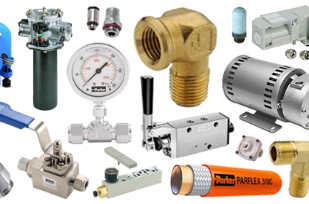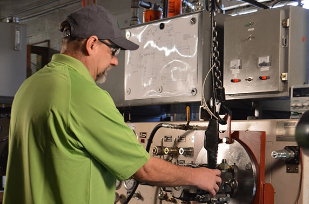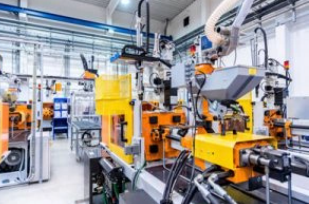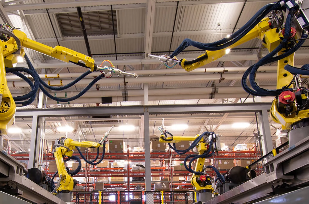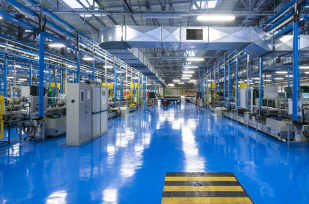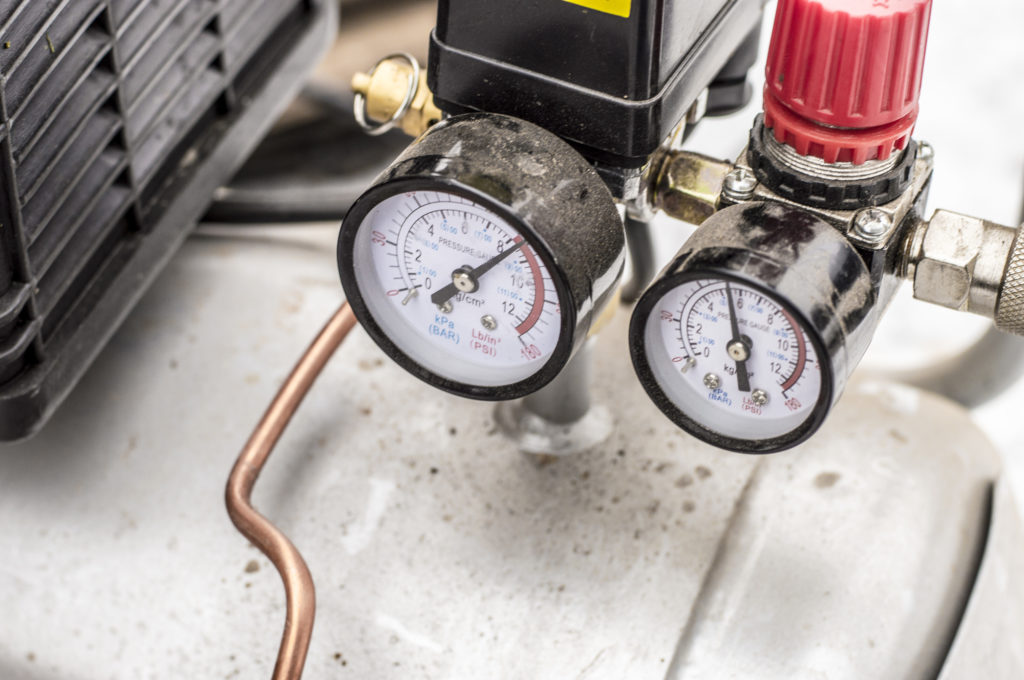
As of 2020, the global market size for air compressors is valued at a staggering $75.2 billion. Demand for air compressors will continue to rise steadily, with the industry expected to reach $98.75 billion by 2025.
Air compressors are an essential power source for numerous businesses throughout the country. Some of the sectors where this type of equipment is popular include agriculture, brewing, automotive, woodwork, and air purification.
Most horsepower (HP) compressors cost between $40,000 and $70,000 on average. Industrial compressors cost between $2,000 and $2,500.
At some point, air compressor replacement parts become necessary. That’s because every air compressor is subject to wear and tear, and repairs are inevitable.
The best air compressor parts don’t come cheap. To make sure you get the best value for your money, there are certain things you need to keep in mind.
In this comprehensive guide, we tell you what you need to know before you order air compressor replacement parts. Read on to learn more.
1. Get Familiar With Your Air Compressor Type
To buy the right replacement tools, you need to understand the specific air compressor you use. Generally, there are three main varieties of industrial compressors:
Commercial-Grade Reciprocating Compressors
These air compressors are the most common in small and medium-sized businesses. Typically, these compressors have a piston that pushes air into a compression chamber to enable them to work. The compressors feature lots of moving parts.
One of the desirable features of commercial-grade reciprocating compressors is that their cost of ownership is quite low. However, these compressors can be loud and less efficient compared to their counterparts.
Rotary Screw Air Compressors
These air compressors are more powerful and quieter to boost than reciprocating air compressors. They’re ideal for heavy duty-applications that need a continuous concentration of pressurized air, such as sandblasting and powder coating.
Scroll Oil-Free Air Compressors
As the name implies, oil-less compressors are oil-free. This variety of compressors are quiet and efficient. They’re ideal for laboratories, dental offices, pharmaceutical manufacture, and other processes that require clean and oil-free air.
Oil-less air compressors are relatively low maintenance due to their lack of need for oil. However, you’ll still occasionally need oil-less air compressor parts as the equipment ages.
2. Know Which Parts Require Regular Replacement
While all parts of pneumatic systems age eventually, some parts age or wear out faster and need more frequent replacement. Knowing what these parts are helps anticipate their replacement, so nothing catches you by surprise. These parts include:
The Air/Oil Separator
This element becomes clogged over time. That’s why you need to check them regularly and replace them before they lose performance.
The Oil Filter
Another air compressor part that needs regular replacement is the oil filter unless you use an oil-free air compressor. Just like you need to change your compressor’s oil to maintain its quality regularly, you should do the same with the filter. Check the manufacturer’s recommendations on how often to do the replacements.
The Inlet Air Filter
Your air compressor comes with an inlet air filter to keep foreign particulates from getting into the compressor system. The air filter needs regular replacement for the entire system to keep working well.
3. Decide Between New and Used Air Compressor Replacement Parts
As you’re going to find out, buyers of air compressor replacement parts have the option between new and used central pneumatic air compressor replacement parts. Which one should you choose? Let’s examine each option closely.
New Replacement Parts
New replacement parts come in two varieties, OEM and aftermarket parts. OEM parts are from the original manufacturers of the air compressor. These parts typically tend to have higher quality, durability, and longevity, though they can be pricier than other options.
Aftermarket replacement parts are from brands that are familiar with your air compressor. While these parts are brand new, they might not be the same standard as OEM parts. However, they can still serve you well and might cost a little less than OEM parts.
Used Parts
For people looking to save money on replacement parts, used parts may be a suitable option. These parts cost much less than all other options.
The biggest problem with used parts is that they have no guarantee of quality. There’s no way to tell whether the part will work well and for how long it will function in your air compressor. Besides, using such replacement parts could void your air compressor’s warranty.
4. Think About Size and Use of Your Air Compressor
Air compressors come in different sizes, which means their replacement parts differ in size too. Buying the wrong size of replacement parts can prove an extra hassle as you have to return them.
That’s why you need to understand the specific model of your air compressor before ordering a replacement part. Buy parts that precisely correlate to your unit’s size and use. Remember to ask for energy-efficient options.
5. Consider Cost
While cost should never be the top deciding factor when buying a replacement part, you cannot ignore it. As you’d expect, air compressor parts differ in price depending on whether they’re new or used.
Generally, you should veer away from the least expensive parts. As in most things, you get what you pay for when it comes to replacement parts. That said, it helps to get several quotes from different suppliers, so you don’t overpay for replacement parts.
6. Find the Right Supplier
Working with the right replacement supplier is essential. It’s no secret that there are unscrupulous suppliers out there looking to turn a quick profit at your expense. Such suppliers may overcharge you or sell you unsuitable replacement parts.
Look for a supplier with a good reputation, considerable industry experience, and a genuine interest in helping you.
Make the Right Decisions When Buying Air Compressor Parts
Regardless of the air compressor model you use; you’ll need to replace some of its parts from time to time. Getting the ideal air compressor replacement parts depends on what you know before making the order. We hope the guidelines we’ve shared in this post can help you make a more informed decision.
Would you like some help finding the right air compressor replacement parts for you? Please contact us today.

